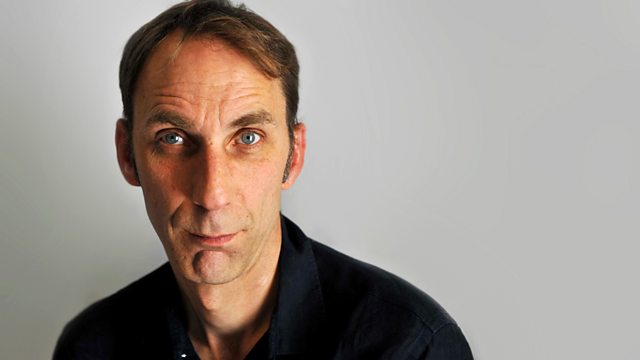The Changing Nature of Utopias
Will Self reflects on what the changing nature of utopias says about us, from Thomas More's 16th-century Utopia to the recent TV series of the same name.
Will Self reflects on what the changing nature of utopias says about us, from Thomas More's sixteenth century Utopia to the recent TV series of the same name. The utopias and dystopias of the past offer a range of different futuristic scenarios but, argues Will Self, they actually all have one thing in common: they're about each writer's present, not future. The late 19th century saw something of a craze in the publication of utopian fiction. Many novels were implicitly optimistic in that they imagined better futures, and some even spurred political movements as was the case with Edward Bellamy's 'Looking Backward 2000-1887'. But nowadays, at a time of man-made global warming, this optimism has dissipated, and our utopias are reduced to fairytales of the non-human, or involve less environmentally destructive species like fictional apes. Where we do imagine a human future, such as in the current TV series, it looks suspiciously dated.
Producer: Arlene Gregorius.
Last on
More episodes
A Point of View: Our present-day utopia

Visions of utopia tend to address current realities rather than future visions, says author Will Self.
听
听
Credits
| Role | Contributor |
|---|---|
| Presenter | Will Self |
| Producer | Arlene Gregorius |
Broadcasts
- Fri 1 Aug 2014 20:50麻豆社 Radio 4
- Sun 3 Aug 2014 08:48麻豆社 Radio 4
Podcast
-
![]()
A Point of View
A weekly reflection on a topical issue.


